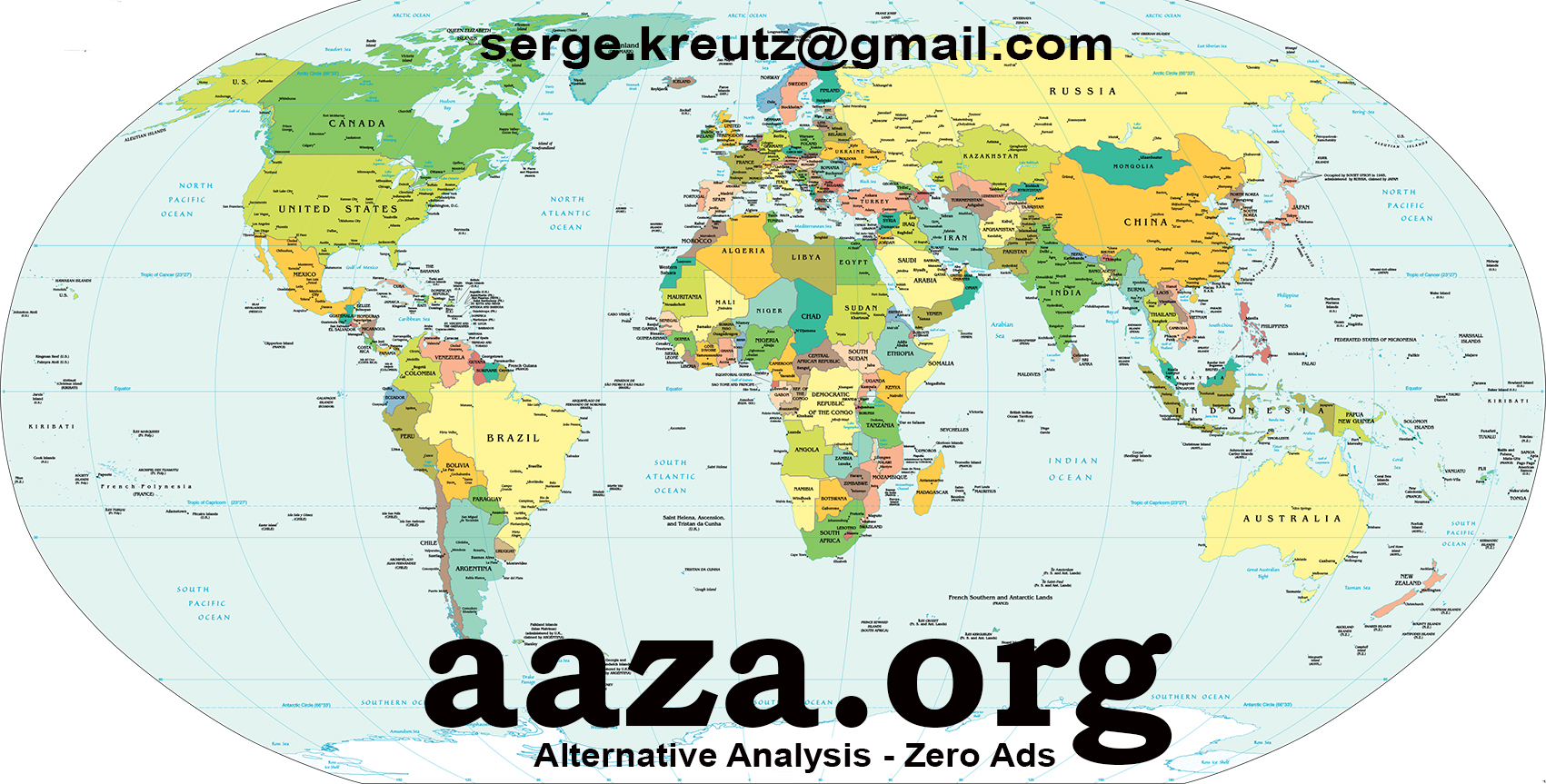The Freedom of The Future Requires Destruction
“Imposed freedom” is not an oxymoron—it is a recurring chapter in history. European monarchs during the Enlightenment believed they could grant liberty from above, as a gift bestowed upon their subjects. In some cases, they did. It was selective, imperfect, and often self-serving, but it happened.
Fast forward to the twenty-first century, and the crown has changed shape. The gilded palaces have been replaced by conference rooms with algorithmic dashboards. Today’s would-be rulers are the techno kings—Silicon Valley’s billionaires and platform oligarchs. The question is whether, once they hold official political power, they will act as Plato’s “wise rulers” (Plato, trans. 1992) and grant citizens the ultimate gift of freedom.
You must be kidding.
Their empires are built on the exploitation of data—our clicks, our biometrics, our words, our predicted thoughts. To dismantle that machinery would be to dismantle the foundation of their wealth. But freedom in a post-modern world will depend precisely on this: the destruction of data. Not partial deletion. Not token privacy gestures. Destruction. Total, irreversible, unrecoverable destruction.
That will not happen without catastrophe. The only conceivable trigger would be the widespread destruction of the physical data infrastrucure of nations—servers smashed, networks severed, energy grids collapsed. In other words, a setting closer to speculative fiction than to political agendas.
Thomas Hobbes once reasoned that “Liberty dependeth on the silence of the law” (Hobbes, 1651/1904, p. 139). In our era, liberty will depend on the silence of the data—the deafening quiet that follows burned computers. Without that, the future belongs to the archivists of our lives, the managers of our digital selves, the data tyrants of Silicon Valley.
